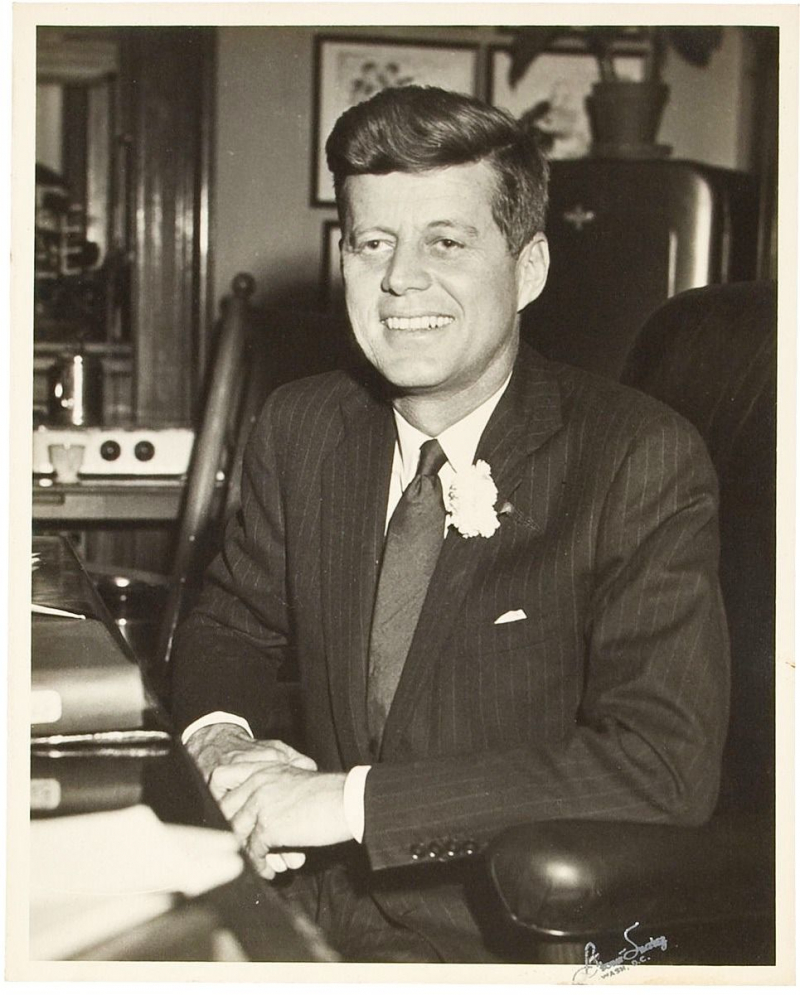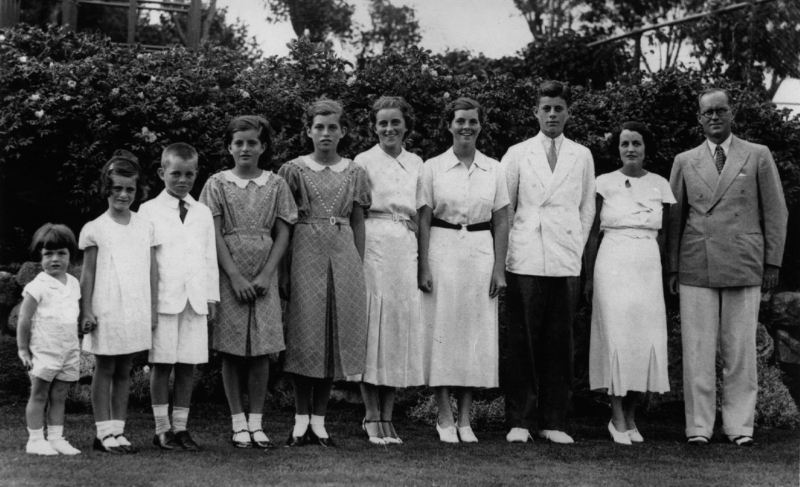He worked towards civil rights for African Americans
Through his lectures, Kennedy advocated for racial integration and civil rights. He enacted Executive Order 10925 on March 6, 1961, requiring government contractors to take affirmative action to ensure that all employees, regardless of race, creed, color, or national origin, are treated fairly. In November 1962, he issued Executive Order 11063, which prohibited segregation in government-supported housing. JFK gave his iconic civil rights address on June 11, 1963, in which he urged Americans to see civil rights as a moral cause. The landmark Civil Rights Act of 1964 included his proposal to guarantee equal access to public schools and other facilities, as well as better protection of voting rights.
Many people believe that Kennedy was more of a political realist than a visionary. The fact that he voted against Eisenhower's 1957 Civil Rights Act supports this. The path from bill to law threatens to split the Republican Party. Kennedy planned to run for President of the United States as a Democrat in the 1960 election. He realized that following the party line and rejecting the bill would help his chances. In 1960, Kennedy led the Democratic Party to victory over Richard Nixon.











